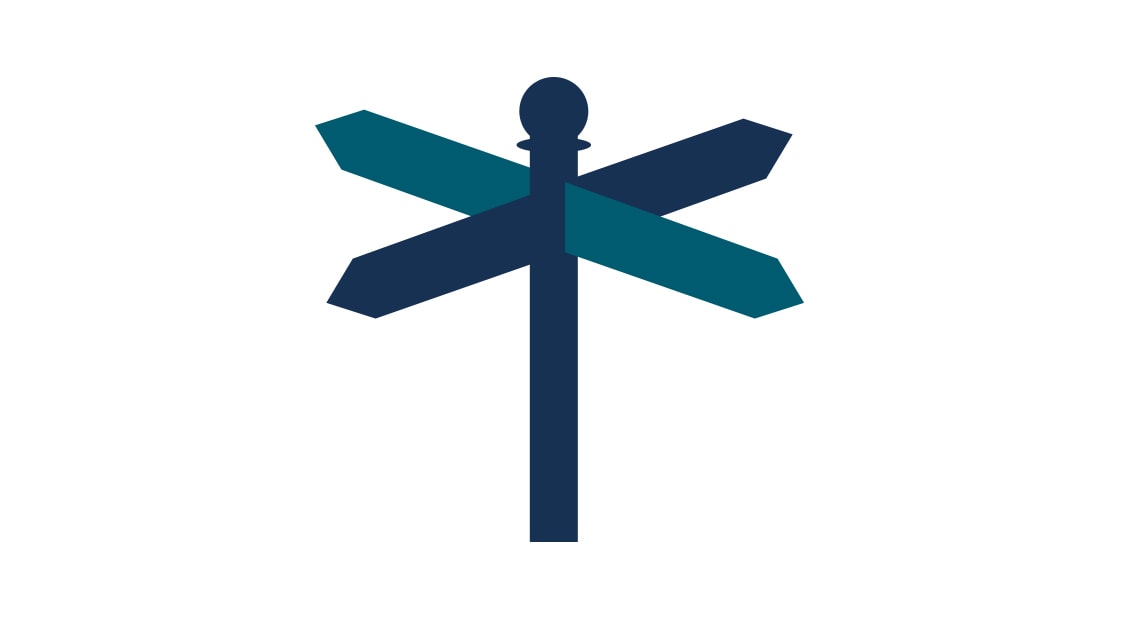You could work in any area in performing arts: on stage, behind the scenes or with the public (front of house).
But you will need to get experience to move away from roles as a trainee, assistant or understudy. You will need talent, confidence and practice before you find work as a performer. Behind the scenes roles require practical, creative or technical skills. Working front of house requires good communication and a friendly manner.

Example jobs
Events steward
Checks tickets, direct people and manage the crowds at large events like festivals and gigs.
Stagehand
Works backstage with scenery and props. You will be lifting and carrying, and you might need to work at heights.
Trainee costume assistant
Helps to provide and maintain costumes and accessories for performers.
Actor, dancer or musician
Entertains an audience through character, dance or music.
Case study
My role is to devise, plan, initiate and deliver creative opportunities for schools, communities, young people and adults.
Cara Pritchard, creative projects manager for a regional theatre
Things you need to know

Typical working conditions
- The hours can be long. If you work on theatre productions, you are likely to be busiest in the afternoons and evenings. You will probably be working when others are relaxing.
- Seasonal work is common, with most opportunities around Christmas and the summer.
- You could be based in one setting or you might travel around. You might find more opportunities in the bigger cities.
- When a performance is on, you will need to focus and be quiet if you are backstage.
- There may be lots of pressure during performances or as you prepare for a new production but this can be exciting.
- Theatres can be gloomy and hot to work in.

Qualifications needed
- There are no specific qualifications needed to find an entry-level job in performing arts. Experience and the right attitude are just as important. To start with, you could get involved in school or youth theatre.
- Qualifications in performing arts, dance and music could help you find out more about the industry. Behind the scenes, creative and technical subjects could be useful, including art and design, fashion and textiles, carpentry and joinery or engineering.

Career path
- The performing arts do not have a structured career path except for jobs in specialist areas such as wardrobe and lighting.
- It is likely that you would start off in casual or part-time work, as full-time jobs are not always available.
- You might be employed for one production and will then have to start looking for other opportunities afterwards.
- Moving on to higher level jobs will be based mainly on experience. Take advantage of every opportunity to learn more, including training courses at work.
- If you are really lucky you might find an apprenticeship in technical theatre – such as lighting and sound.
Useful links
Pearson is not responsible for content on external websites.
Creative Choices
Find out about careers in the creative industries
Get into Theatre
Learn about working in theatre
Get into Live Music
Learn about working in music
